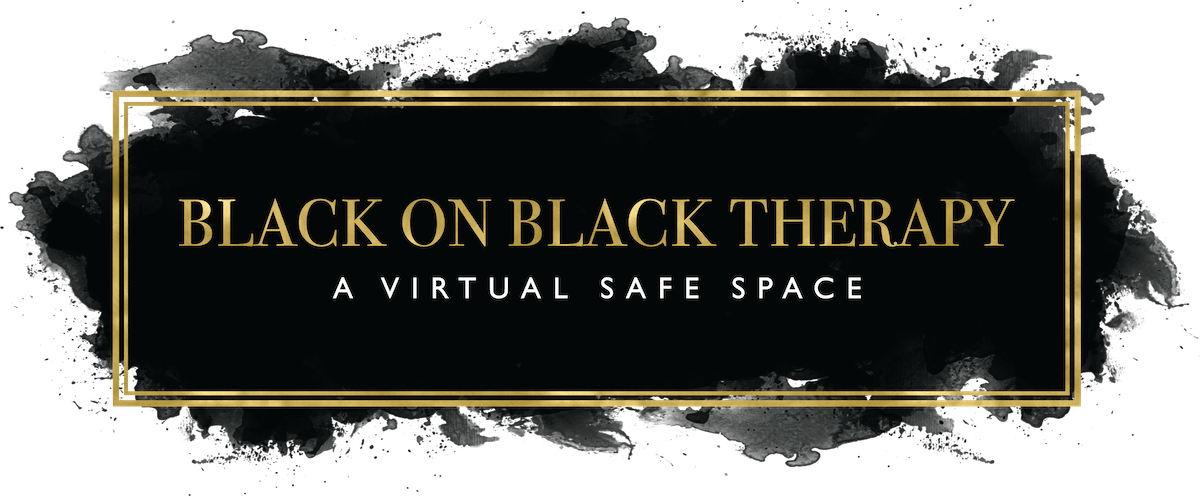Therapy for Black, African Diaspora, Queer, Relationship Diverse Individuals

Therapy is the space to breathe and work through some things.
Trauma is…
Childhood Abuse & Trauma
Developmental Trauma
Financial Trauma
Medical Trauma
Relational Trauma
Sexual Abuse & Trauma
Therapy can help break these experiences down for easier processing and development of coping strategies, so you don’t have to be at the edge of overwhelm in your day-to-day.
If you need something different than talk therapy, click here to learn more about Brainspotting, a mindfulness-based intervention.
You’re one of the few people of color at your job, and it comes with the racial fatigue of having to be “on” all the time. You have to decide often if you can address that micro-aggression this time or if you have to let it go to preserve your day. You’re giving your all to a job that stresses you out, and you feel close to experiencing burnout. Then after work, you feel you don’t have the time to pour into your relationships. It’s exhausting! Let’s also name situations like this what they are: Traumatic stress due to racial identity.
Healing from racial fatigue may often include working through other difficulties such as:
Anxiety
Generational Trauma
Attachment Wounds
Financial Distress
Issues with Family of Origin
Inclusion and Belonging
Intersectional Identity Work
Therapy can help break these experiences down for easier processing and development of coping strategies, so you don’t have to be at the edge of overwhelm in your day-to-day.
If you need something different than talk therapy, click here to learn more about Brainspotting, a mindfulness-based intervention.
You find it hard saying that two-letter word… N. O. to your partner, family or friends but every time you don’t you feel like you betray your needs. You’re adding more to your plate and just thinking about it makes you jittery. You don’t want to disappoint anyone but you’re feeling disconnected from your own body. You don’t feel like yourself but you know you want to work at feeling more grounded.
Working on managing stress and anxiety can mean diving into:
Setting and maintaining boundaries
Restructuring work-life balance
Taking an inventory of values
Reflecting on decision-making process
Connecting physical wellness to mental health
Let’s start putting YOU first and create boundaries and a plan to get more of what you want out of life.
There’s no getting around having to engage in relationships throughout life and they can be one of your greatest sources of support. But what if some of them are a source of stress?
Relationship issues can exist in different relational dynamics:
Romantic
Familial
Friendships
Career
Community
LGBTQIA+
Non-monogamy
Therapy can help you identify your stuck points in moving the relationship you want to work on to a healthier state. This means you have to work on defining what a healthy relationships looks like and embodying it for yourself.
A Highly Sensitive Person describes the experiences of those that possess a trait known as a sensory processing sensitivity. Highly Sensitive Persons experience high levels of arousal to their central nervous system as a result of external and internal activity. Highly Sensitive Persons makeup 20% of the population so they may feel misunderstood because they can be. Having a sensory processing sensitivity does not mean it is a disorder; being a Highly Sensitive Person is a trait.
Highly Sensitive Persons may experience a deeper level of processing information, overwhelm due to processing of the environment, strong connection to emotional cues or high levels of empath, and high level of awareness of subtleties in the environment.
This may look like:
Feeling like there is always a deeper meaning
May become easily overwhelmed with stimulus in the environment
Sensitivity to sounds, fabrics, and light
Feeling energy of those around you
Difficulty with change or switching between tasks
Difficulty with criticism and conflict
Conscientious, perceptive, moved by beauty/arts/music
Therapy can help you honor your energy, determine your capacity, create alternatives, incorporate boundaries, re-evaluate processes, and seek support.
Brainspotting is an alternative to traditional talk therapy. Brainspotting uses your visual field to support processing unresolved trauma in the brain. Brainspotting is a treatment style or “tool” to help identify, process, and then release difficult emotions that are often times felt in the body. Simply put, Brainspotting is about where you look influencing how you feel.
While Brainspotting originated as a treatment style for Trauma, it can also be helpful for difficulties with:
Anxiety
Anger
Motivation
Panic Attacks
Perfectionsism
Performance… and more
Brainspotting can be used in conjuction with talk therapy to move forward in your healing process.
Individual Therapy - $160-200 per session
Couples/Partner Therapy - $250 per session
Ethical Non-Monogamy Partner Coaching - $250 per session
Highly Sensitive Person Coaching - $250 per session
Support Groups - $50 per session
No-shows and late cancellations under 24 hours are subject to a fee equal to the full session rate. Insurance does not cover this fee.
NEWSLETTER



